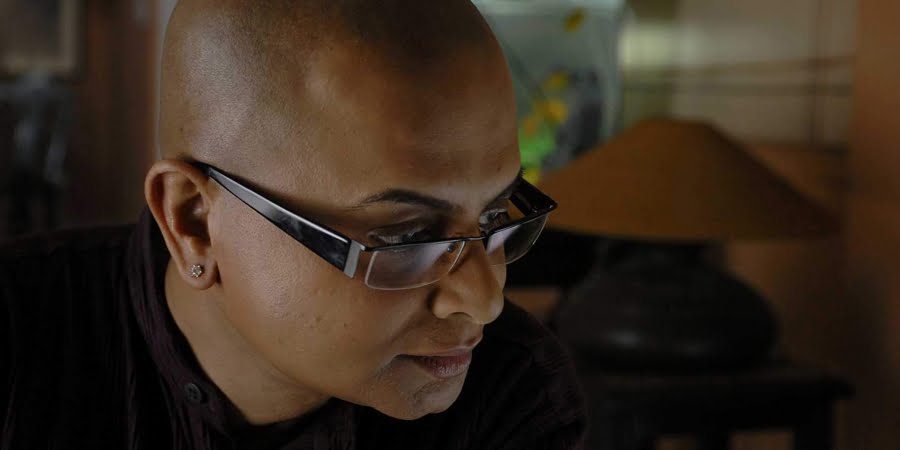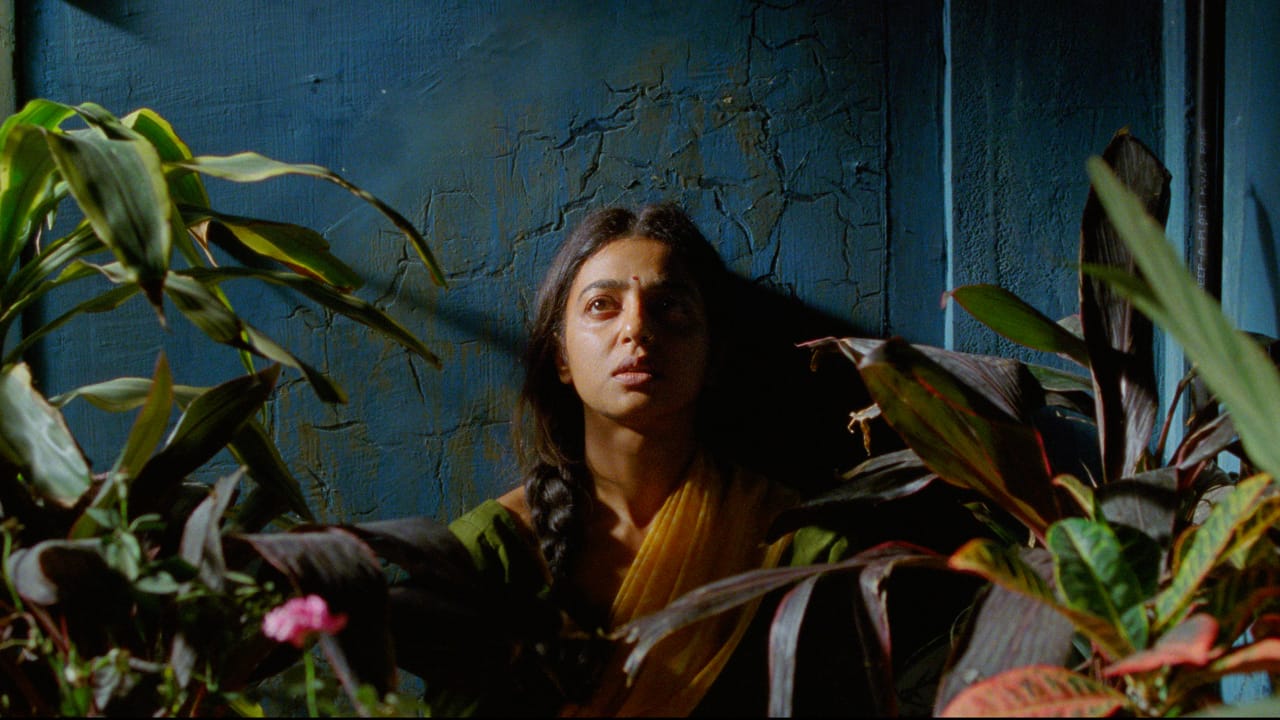Sangeeta Datta’s Bird of Dusk is a documentary about legendary film maker Rituparno Ghosh who died of a heart attack on 31 May 2013 leaving a void in more spaces than one. The film opens with images of Kolkata at night. The strains of the sound track “Bonomali Tumi Pore Jonomey Hoyo Radha” (Krishna, May you be Radha in the next birth) accompanies the shot. Dutta it seems has chosen wisely. The song encapsulates the burning desires within Ghosh that are non-heteronormative. It states the film maker’s personal angst and articulates his ideas on gender and alternate sexualities.
The LGBTQIA+ communities have come a long way towards gaining acceptance in society, though they still have a long way to go. Many have stopped viewing them as ‘dysfunctional people with diseased minds’, the ‘ curse of the Gods’, and ‘ the horrors of hedonistic society’. If we consider movies to be a measure of social change, we can pat ourselves on the back for the distance we have traversed. Movies such as Margarita with a Straw (2014), My Brother Nikhil (2005), While I Am ( 2011), or Aligarh (2015) have laid out a template for modern Indian sensibilities towards those who fall outside the gender binary.
The third gender is no more limited to the effeminate dance master, or the emasculated character with affectations in speech and movements. Rather he is suave and articulate, charming and sensitive who just has a preference of another kind, the same way that people prefer a different food or clothing. Getting to this point, at least in urban India, and on celluloid, hasn’t been a fluid walk. And here is when we must remember the contributions of Rituparno Ghosh.
Ghosh, who was himself queer, fought for the inclusion of ‘the third gender’ in the mainstream society
Ghosh himself was queer and through his creative work, he fought for the inclusion of ‘the third gender’ in the mainstream society who were marginalised on the basis on sexual orientation and normative style of behaviour. As the film rolls, shots of Kolkata form a broodingly beautiful backdrop. The city was his muse and his battle ground as he sought to change the cemented notions about gender. He produced deeply sensitive and socially relevant films as Unishe April, Dahan, Bariwali, Utsab, Titli. He explored the concept of motherhood and womanhood and wondered if they were mutually exclusive. He asked if one could express oneself as a woman and still be considered a ‘ good’ mother. He lifted the baggage of glorification from motherhood and released celluloid (and perchance real mothers) from their ‘asexual’ confines.
It was in the latter years that Rituparno focused on the issue of sexuality and opened a dialogue on alternate sexual identities. He came out as a gay in the early part of 2000s and thereafter strove to give a voice to the other genders. His keen insights were evident in films as Memories in March (which dealt with a mother forced to contend with her son’s homosexuality), Chitrangada (based on a story from the Mahabharata), and Aar Ekti Premer Golpo in which he plays a gay filmmaker.
“Same-sex relationships, too, are extremely soulful, emotional and have the same pathos that any heterosexual relationship has.”
As Kurt Vonnegut says in A Man Without a Country, “If you don’t have the nerve to be gay, the least you can do is go into the arts. Practicing an art, no matter how well or badly, is a way to make your soul grow…” Ghosh who had several quarrels with the society that ridiculed him or pretended to love him only because he was too large to be overlooked chose Vonnegut’s position and used his art to speak out his mind. As he lost himself to his art, his articulation acquired a magnificent sharpness.
He did his best to bring visibility to the LGBTQIA+ communities. He opened the locked doors of the mind when it was impossible to register these ideas without being categorised as a criminal. He impressed upon the audience that homosexuality wasn’t only about physical satiation or ‘twisted’ needs. He said in an interview in 2010, “There is much more to such relationships. Same-sex relationships, too, are extremely soulful, emotional and have the same pathos that any heterosexual relationship has.”
Also read: Women Through The Cinematic Lens Of Aparna Sen
The LGTBQIA+ community has faced its share of battles and though the decriminalisation of Section 377 has given them a supportive hand, yet in reality members are still treated as ‘oddities, perverts, freaks’. In most movies they continue to be caricatured. They are treated as cases of persons gone astray, quite reflective of the song Maa Da Ladla Bigad Gaya from the film Dostana (2008) which also dealt with homosexuality. Therefore they continue to face ridicule, rejection, and violence and draw solace through queer parades and carnivals.
That is where the contributions of Rituparno Ghosh become so relevant. He did not set out to make pretty movies with scenic locales and absorbing story lines (though all his films did have these). He set out to erase the lines of what defined ‘masculinity’ and ‘femininity’. He used cinema with its expansive outreach and potential to impact changes.
Also read: Rituparno Ghosh: Making Us Comfortable With The Uncomfortable
Sangeeta Dutta’s documentary Bird of Dusk comes at a happy time as the country grapples with reports of masculine overtures at the work place, rising violence against women despite tight-fisted laws and opening up of the social and cultural perimeters of the society to those who are built differently. As debates and discourses rage on, Rituparno Ghosh will be remembered for raising pertinent issues that finally effected change for the community that he himself was a part of. Bird of Dusk will be a reminder of this keen humanist who sought to defy normative, rigid social behaviour and argued passionately through his chosen medium that every kind of person has a right to exist in this social space, In a world with too many walls, people like Rituparno Ghosh are bridges effecting diversity.
References
Featured Image Source: The New Indian Express
About the author(s)
Saonli Hazra is an educator and runs Words’Worth. She is a government-approved trainer for English and also a freelance writer for Times Publications. She can be reached at saonlihazra@yahoo.com.




